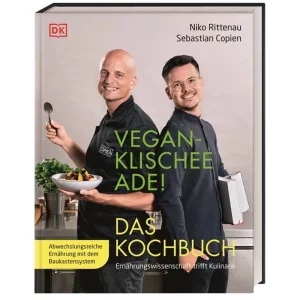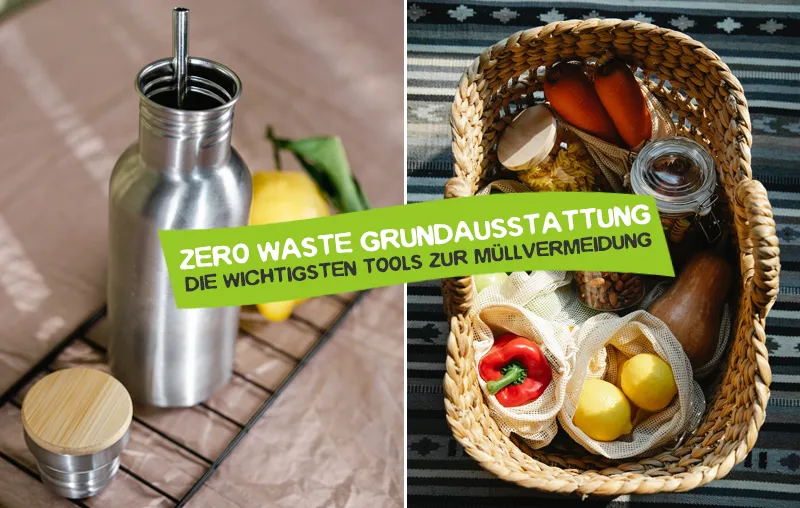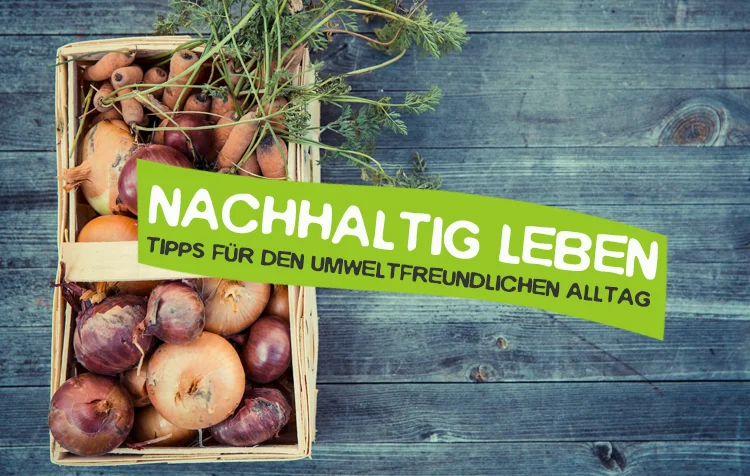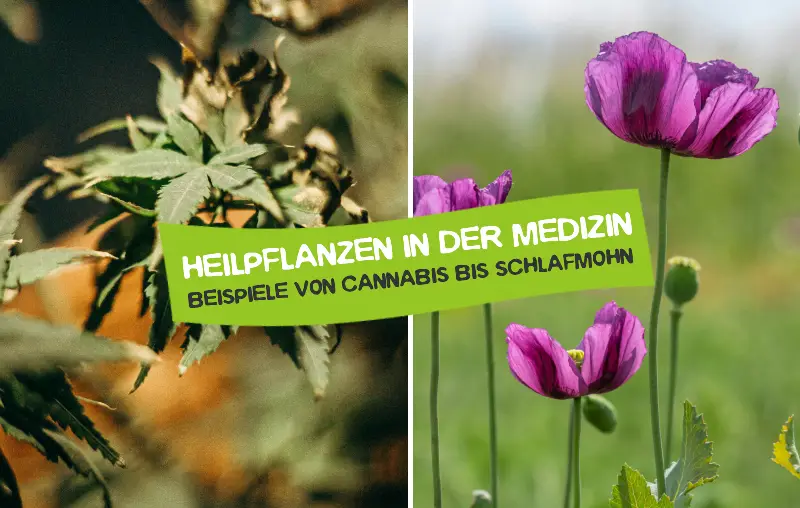What could truly sustainable dental care look like - and what can you do to brush your teeth in the most environmentally friendly way possible? If you're looking for answers to these questions, you've come to the right place!
In the most diverse areas of everyday life, we are all trying to meet our Lifestyle more sustainable to shape. Of course, this endeavor should not end with dental care. Fortunately, we have countless options at our disposal to make an environmentally friendly difference.
In this article, I would like to give you some valuable tips for sustainable dental care that you can easily implement. Let's go!
Notice: This article is not a substitute for medical advice, but merely provides general information about dental care that is as environmentally friendly as possible.
10 tips: What can you do for more sustainability when brushing your teeth?
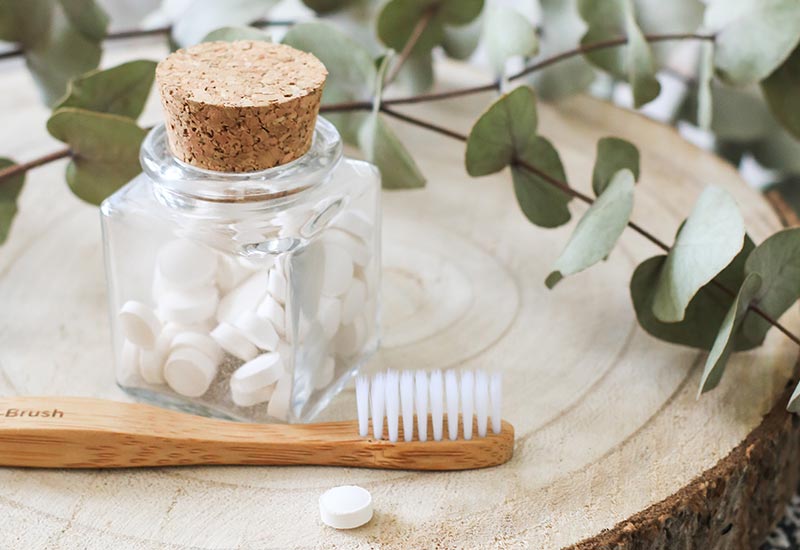
Taking the train or bike more often, no longer eating animal foods, and making less plastic waste - there are countless ways to make the Protect the environment in everyday life. The teeth brushing is there honestly as a rule not necessarily the first thing you think ofif you want to achieve a tangible impact for the planet as quickly and easily as possible.
But on closer inspection, there are some things that can be done - and that can be really uncomplicated and quickly put into practice let
Here are my best tips for more sustainability in dental care, to keep your teeth healthy for as long as possible and you (almost automatically) do something for the environment when you brush your teeth.
1. Use a toothbrush made of wood
A good place to start is by replacing your plastic toothbrush with one that is Wooden toothbrush with natural bristles replaced as soon as it becomes unusable.
Natural toothbrushes are available for example made from FSC-certified beech wood or also from rapidly renewable bamboo wood. Recommended Toothbrushes made of wood you get e.g. here in the Avocadostore*..
Tip: Consciously reduce waste and saving is generally a sustainable way of behaving. You can also use the advice from my article about saving as much as possible. plastic free bathrooms.
2. Replace tube toothpaste with toothbrush tablets
Many classic toothpastes hide Pollutants, such as Microplasticswhich enters natural waters via the sink drain. In addition, the often double waste due to cardboard box and plastic tube.
So for ecological and not least health reasons, it makes perfect sense to replace them with plastic free toothbrush tablets to replace. They simply dissolve in the mouth and, from this moment on, they work in the same way as you know it from ordinary toothpaste in a tube. This one* I can recommend from my own experience.
Tip: You can use your Toothpaste also do it yourself and thus ensure that only natural ingredients are used. In the linked post you will find detailed instructions.
3. Use natural dental floss
To clean the interdental spaces, dental floss is recommended. As a rule, it is made of plastic and sold in plastic packaging to throw away.
But there is also a recommendable alternative for sustainable dental care. For example these vegan floss from corn floss* at Refill.
4. get into the habit of a cleaning routine
You can stash as many wooden toothbrushes, toothbrush tablets and flossing rollers as you want in your bathroom cabinet - but your teeth won't stay healthy on their own in the long run!
Brush your teeth at least 2 times a day about half an hour after eating and take 3 minutes for it.. If necessary, set a timer, because most of us like to overestimate the brushing time. Then add flossing and the following tips to your brushing routine.
Take yourself best also after spontaneous "In-between snacks" the time for a short cleaning session to get your preserve naturally white teeth permanently. Always be aware of the environmental and health benefits that come with sustainable dental care. The motivation serves to ensure that the brushing routine that has been created remains a routine in the long term.
Good to know: Many dentists recommend changing your toothbrush every 3 months or so, as bacteria and germs build up between the bristles, which is not good for your long-term dental health.
5. Go for a natural mouthwash
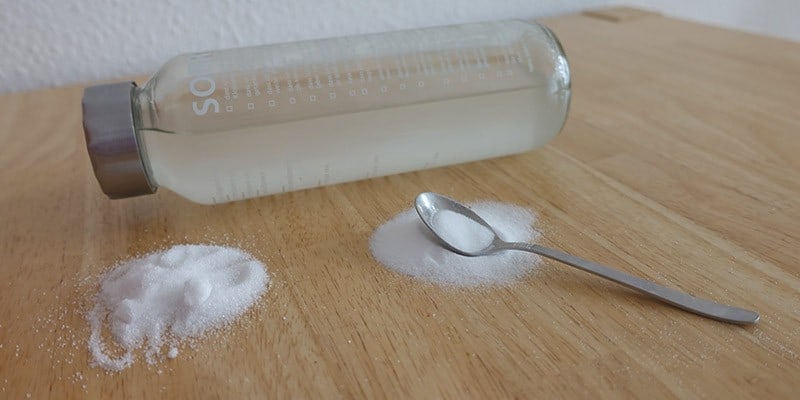
A mouthwash is a great addition to your eco-friendly dental care routine. To reduce the usual plastic waste from mouthwashes in the spirit of the plastic-free lifestyle to avoid, you can for example Mouthwash tablets that you dissolve in an ordinary glass. However, mouthwash is also available in reusable jars or recycled plastic bottles.
Tip: Of course you can use your natural mouthwash also do it yourself. How this works, you will learn in the linked article!
6. Use a spoon as a tongue scraper
Our oral cavities are teeming with bacteria! That's why it's important to clean the To free the tongue from appropriate coatings. Moreover, this is also a tried and tested, natural remedy for bad breath.
With the help of a Stainless steel tongue scraper or simply with a classic tablespoon you can easily put this measure into practice.
Make sure that it is not too sharp-edged - and pull it forward a few times from the back of the tongueuntil no more residue can be seen on the metal.
7. Chew on a toothbrush wood
Granted: This tip comes a little unusual! But if you have no running water and no toothbrush utensils with you, a toothbrush wood can alternatively provide similar services.
Miswāk (also called Siwāk) is simply a branch, bud or root piece of the so-called "toothbrush tree". This toothbrush wood* are so well suited for sustainable dental care because they provide a Remineralization effect offer. By chewing, you automatically clean your teeth. Refreshingly different, you could say!
Tip: The toothbrush wood, for example, is ideal for backpacking, camping or when Zero Waste Festival.
8. Turn off the tap when brushing your teeth
A classic! If you want to take care of your teeth in the most environmentally friendly way possible, you should not just leave the tap running when brushing your teeth, but turn it off. So you can save water at home. Because every time you leave the faucet open while brushing your teeth, about 12 liters of water are wasted unused.1
Sometimes you might fall into old habits. Alternatively, if this happens to you often, you can simply pour water into a classic Toothbrush mug and rinse your mouth with it. This way you have definitely used only a small amount of water.
9. lead a tooth-friendly lifestyle
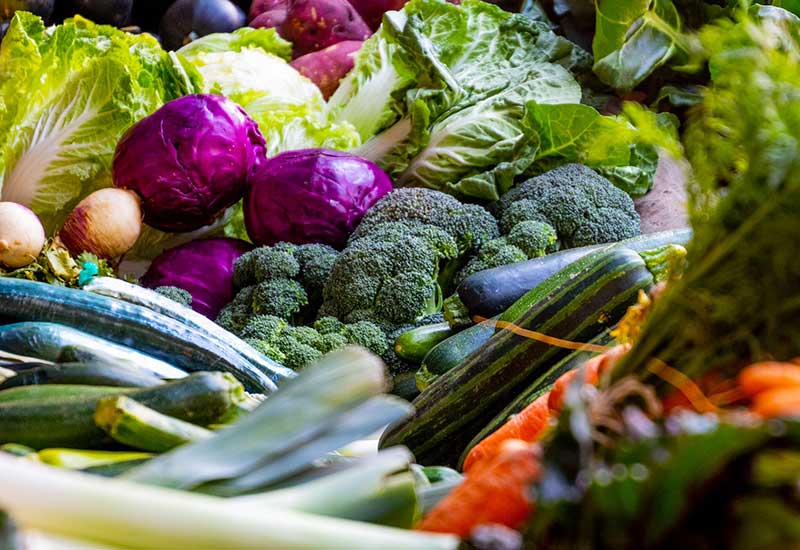
This is not just about taking care of your teeth ecologically, but also about in the long term and stay healthy in the long term. If and when you get dental problems depends mainly on your lifestyle.
To prevent caries, gingivitis, unpleasant throbbing in the tooth and finally prevent crowns fixed with dental cement, for example, are your Diet, your cleaning habits, your regular visits to the dentist, or your alcohol and tobacco consumption. decisive.
Here I would like to give you some tips for a preventive, tooth-friendly diet and lifestyle in terms of sustainable dental care.
Snack on sweets rarely rather than constantly
Consume sugary and acidic foods, such as sweets or apples, cola and wine, rather only at special moments and not all the time.
Eat a low sugar diet
Make sure you As little industrial sugar as possible you eat. And if you do, it's at meals after which you routinely brush your teeth. (see also 30 Days Sugar Free Challenge)
Avoid the consumption of alcohol
Alcohol can cause tooth discoloration, among other things, Inflammations and increase the risk for Periodontosis increase. Vomiting as a result of alcohol consumption also damages your dental health by cauterizing your teeth.2
Drink less wine, coffee and tea
To avoid unsightly Discolorations To prevent tooth decay, you should, among other things, drink wine, coffee and tea as rarely as possible as a supplement to sustainable dental care.
Give up smoking
Cigarette use also increases the risk for Gum inflammations and Periodontitis. It also inhibits blood flow to the gums.
Tip: If you want to know how to definitely stop smoking just click through to the linked post.
Reduce your stress
Combat the causes of stress in your everyday life. Because excessive psychological stress often leads to Teeth grinding or breaking teeth. How you can improve your Reduce stress level I'll explain how you can do this in the linked article.
Consume more raw vegetables, whole grains & nuts
Focus your diet on whole foods. It contains Sugar that is difficult for caries bacteria to utilize. When your teeth have a good time chewing, the surface of the teeth is automatically cleaned and the Saliva production stimulated. The sugar and acids from food are thus finally rinsed out of the oral cavity.
Pay attention to the intake of essential nutrients
Calcium is important for the Mineralization of bones and teeth. It is found especially in sesame seeds, almonds, hazelnuts, kale, broccoli and spinach.
Vitamin A is valuable for the Oral mucosa and is particularly present in peppers, cooked carrots and sweet potatoes.
Vitamin C strengthens the Immune system and makes it harder for bacteria to attack your teeth. You can absorb it, for example, by eating acerola cherries, sea buckthorn juice, parsley, broccoli and red peppers.
Also Vitamin D is essential for healthy teethas it is the Storage of valuable substancessuch as calcium or phosphorus. It also promotes the robustness of your teeth.
Tip: Why a balanced purely vegetable diet basically so healthy you can read in the linked article.
10. Have your teeth checked regularly
Definitely go to regular check-ups with your trusted dentist. Never put off dental problems for too long, that only makes it worse.
Finally, your health insurance will also be pleased with your preventive dental care measures - and for example Semiannual dental cleanings financial reward.
Sustainable oral and dental care, made easy!
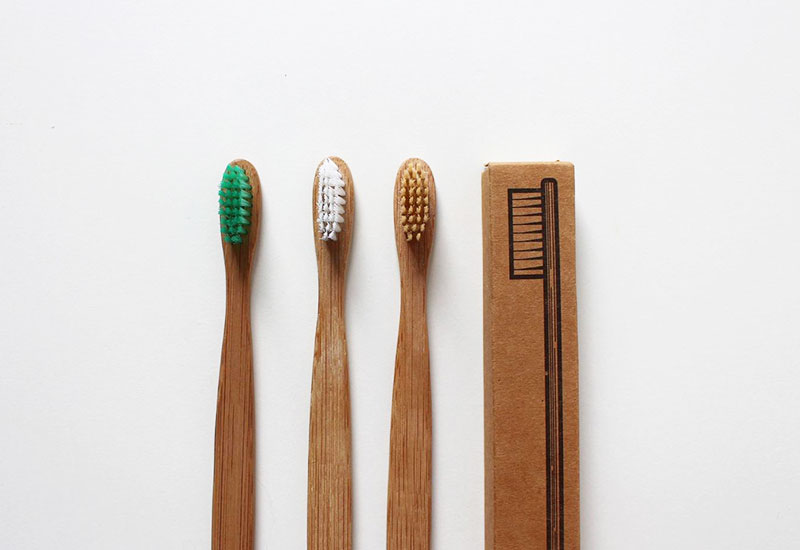
As you can see, truly eco-friendly dental care goes far beyond regular brushing - and is yet not complicated. It's just important that you know the tips and tricks and integrate them (little by little) into your daily skincare routine.
The less waste you create in the process, the more thoroughly and regularly you clean, and the more tooth-friendly you live, the better!
"Health is not everything, but without health, everything is nothing."
Arthur Schopenhauer (more at Health Quotes)
Do you have any questions or suggestions? Or can you think of any other tips for truly sustainable dental care? Then I'm already looking forward to your comment!
Stay healthy and sustainable,

PS: In my sustainable health blog you will find a lot more valuable information about your well-being. Next, for example, learn how you can improve your Save your eyes on the computer screen!

